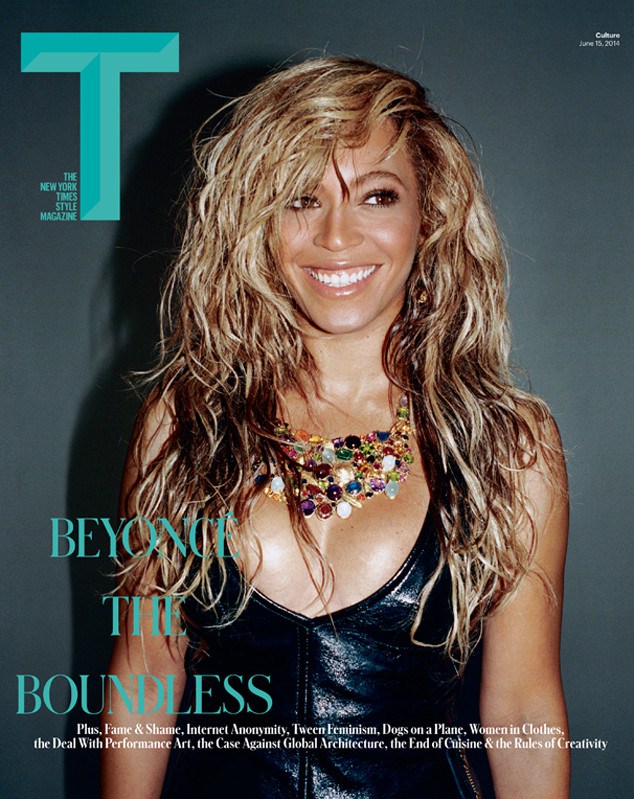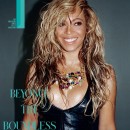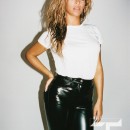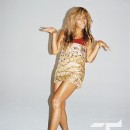
Beyoncé is the subject for NY Times latest feature. I won’t go into much detail since NYT pretty has it covered, but it is worth reading and not just glancing over the photos. Also, they take a stab at Bill O’Reilly’s ridiculous stance on Bey’s “Partition” video.
Here are some quotes:
Black women have always been dominant figures in American popular music, but no one, not even Aretha Franklin, has reached the plateau that Beyoncé occupies: pop star colossus, adored bombshell, “America’s sweetheart.”
Inevitably, Beyoncé is also a flashpoint, provoking ire from naysayers and ideologues of all stripes. In March, Bill O’Reilly decried “Partition,” a song that details a Beyoncé-Jay Z tryst in a limousine, for setting a poor example for “girls of color.” (Postmarital sex between consenting adults: immoral.)
Last month, the black feminist author and activist Bell Hooks told an audience at a New School symposium: “I see a part of Beyoncé that is in fact antifeminist, that is assaulting — that is a terrorist . . . especially in terms of the impact on young girls.”
There is a growing scholarly literature on Beyoncé; the Women’s and Gender Studies department at Rutgers University has offered an undergraduate course called “Politicizing Beyoncé.” Beyoncé is, as a cultural studies professor might put it, popular culture’s most richly multivalent “text.” The question these days is not, What does the new Beyoncé record sound like? It’s, What does Beyoncé mean?
Read the full article here.










